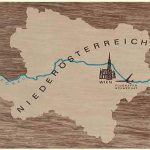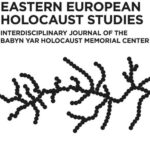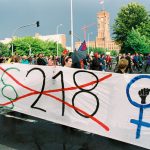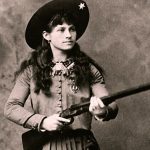Leiden University; Sarah A. Cramsey (Web)
Time: 21.-23.09.2022
Leiden University
Proposals by: 01.05.2022
Stories about refugees are almost always stories about families. From ancient times when deportations accompanied military defeats to the modern migrations unleashed by conflict, persecution and climate change, children within displaced families have continuously demanded care. And yet, the archival record and the narratives drawn from it rarely capture the seemingly “invisible” work performed by biological and circumstantial caregivers during periods of displacement. Further, while it is clear that child-bearing and caretaking are timeless enterprises, deep lacunae remain around these historical subjects more generally. Diapers necessarily leave different kinds of cloth and paper trails. How does a focus on growing families as well as the individuals and entities who care for them change our understanding of displacement, migration and the complex feelings of belonging to a specific religious, ethnic or cultural “diaspora”?
This conference, Families in Transit, makes the “invisible” work that accompanies children and continues during periods of displacement “visible” across space and historical time. Drawing on multidisciplinary perspectives, the goal of this meeting is to illuminate the connections and disconnections between displaced families within different historical and contemporary contexts, like: deported populations in the Ancient Near East; indigenous peoples in North America; families with Nansen passports after WWI; Polish Jews who survived World War II and Holocaust in the Soviet Union; displaced people with Greek citizenship; families uprooted during and after the breakup of Yugoslavia in the 1990s and the dissolution of Mandate Palestine in the 1940s as well as Syrian and Ukrainian parents and their children who have been displaced more recently, over the last decade and up until today.
This conference is sponsored by the Royal Academy of The Netherlands (KNAW) which awarded the organizer an Early Career Partnership for this initiative in 2021. Read more and source … (Web).



 Eastern European Holocaust Studies
Eastern European Holocaust Studies 

